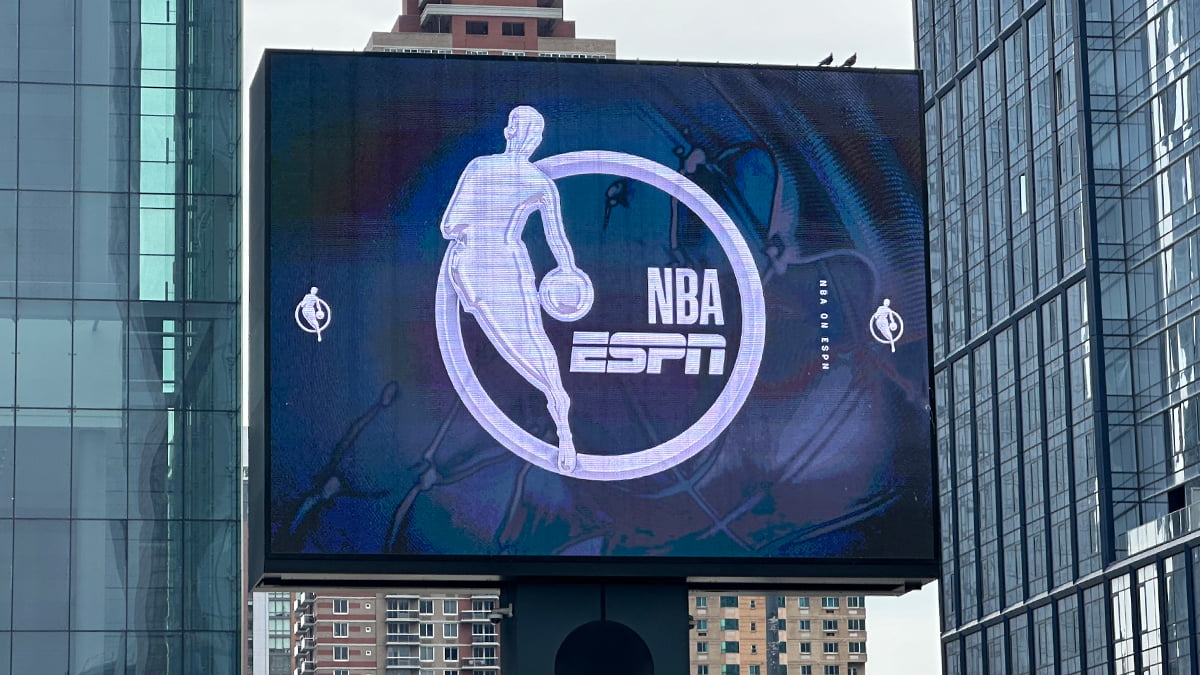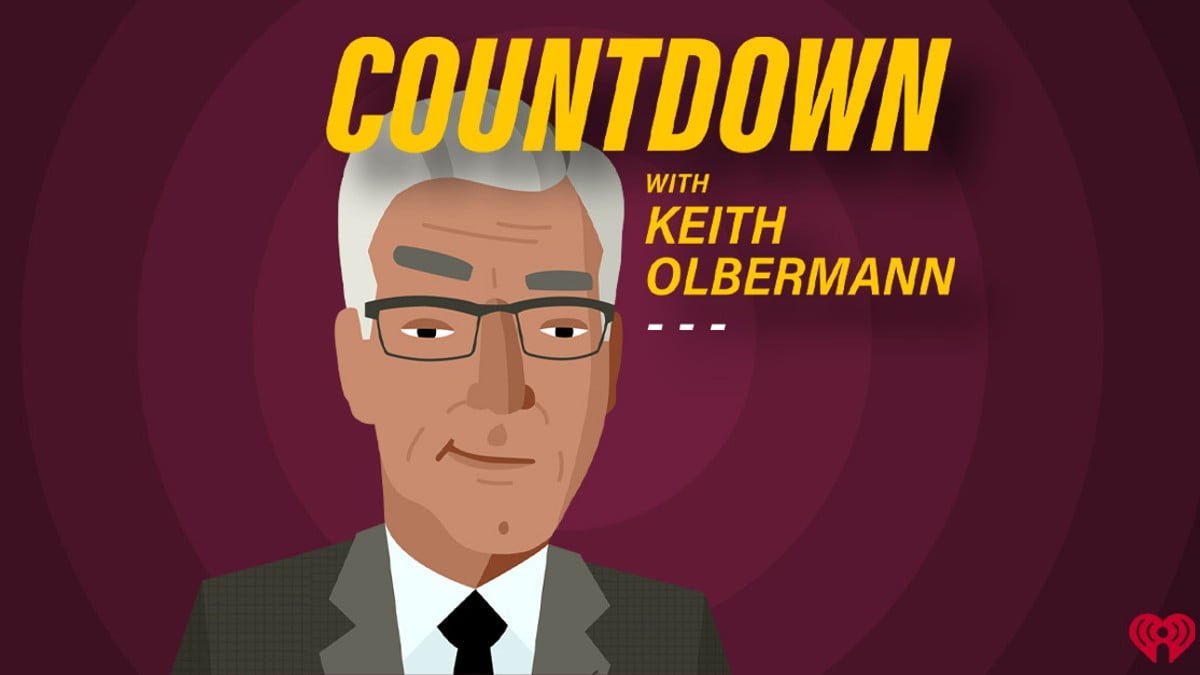There is no getting away from the influence of artificial intelligence at the moment. Indeed, it has been predicted to disrupt every major industry. Naturally, there is also a lot of talk about how AI is going to disrupt sports. As an example, look at what Intel is doing with the Paris Olympics this summer. It provides a taste of the future of fan interaction, athlete performance, and, of course, data.
Yet, it is also interesting to see the predictions for AI’s role in sports betting, particularly on the bettors’ side. There are a plethora of AI prediction tools available right now. Some of which are built on OpenAI’s GPT Store, essentially a storefront of microservices. If you consider ChatGPT to be a general chatbot, able to answer questions on any topic, then a GPT is a specific one, trained to be an expert in a certain field, so why not football picks or a means to find the best horse racing odds or optimum strategies for basketball betting?
AI can only go so far in sports predictions
While an AI predictor can be a handy tool, we would stop short of proclaiming that it is some kind of all-conquering weapon to beat the bookmakers. For a start, there seems to be a misunderstanding – or willful ignorance – of how sportsbooks work in setting odds. Marketers of these AI tools tend to portray bookmakers’ odds on an event as a code waiting to be unlocked by AI. Yet, it overlooks the role that AI is increasingly playing in the actuary of setting a market and the betting industry’s ability to react to market movements.
In the simplest terms, if everyone is betting on Horse A because AI deemed it would be the winner, then the odds are going to reflect that, with sportsbooks also ensuring that their margins are intact. However, there is also a lack of admission that AI will allow sportsbooks to front run the market. It’s not a zero-sum game, and sportsbooks don’t hold a limitless pot of money waiting to be plundered by bettors. The same contradiction is being made with AI trading bots, claiming that they can make everyone rich by trading stocks. In trading, as with sports betting, there must be winners and losers to support the market.
In all of this, it should also be noted that AI – or rather, the large language models (LLMs) that underpin the decision-making process – can be overestimated in terms of its prowess. LLMs can certainly analyze vast amounts of information, but they do not “think” in the way that humans do. In fact, the AI itself doesn’t understand what it is saying; it predicts a series of words based on their relevancy to each other. This is important in the sense of how it deals with data: Structured data – previous results, player’s stats, home versus road outcomes – is fine for analysis. Unstructured data – a player’s mental fragility, a team’s propensity to choke – is better when in the purview of humans.
The betting experience will be transformed
It should be more interesting to speculate on how AI will change the betting experience rather than the act of betting itself. One term we hear time and time again is “personalization.” This refers to using AI to curate your homepage feed, for example, on an online sportsbook. It makes sense, of course. If you don’t ever bet on baseball, it’s fairly pointless to be greeted by MLB lines when you log in. They can take it further, certainly, moving you toward the types of bets you like to make. Those may be parlays or props bets, and tailored special offers and odds boosts to your favorite sports.

Forbes points out that real-time data feeds could help inform bettors of available strategies for live betting. It’s important to understand the difference between this and chatbot sports predictors that are being marketed across the web currently.
These firms, such as Swish Analytics, are aimed at informing the user of possible options. Perhaps the best way we can frame it is that they make sports betting ‘recommendations’ rather than sports betting ‘tips.’. However, as we pointed out earlier, sportsbooks will continue to take steps to protect their margins.
Some feel that the pursuit of data takes the fun out of betting. The enjoyable part of sports betting has always been finding value in something that you believe is unseen, picked up by a gut feeling or some spark of intuition. Using an algorithm – and now AI – can remove that entertainment value. Of course, bettors will always pursue profit, but the entertainment factor also counts.
One of the problems with analyzing AI’s impact on any sector is that we’re still very early in the process. ChatGPT is less than two years old. Some have suggested that we are in a similar stage to the World Wide Web in the 1990s. Back then, we did not know how revolutionary it would be. Most of us failed to predict outcomes like mass social media, the iPhone revolution, and so on. As such, it is still speculative to speculate on AI’s impact on sports betting beyond the admission that it will disrupt a multi-billion dollar industry in the coming years.









